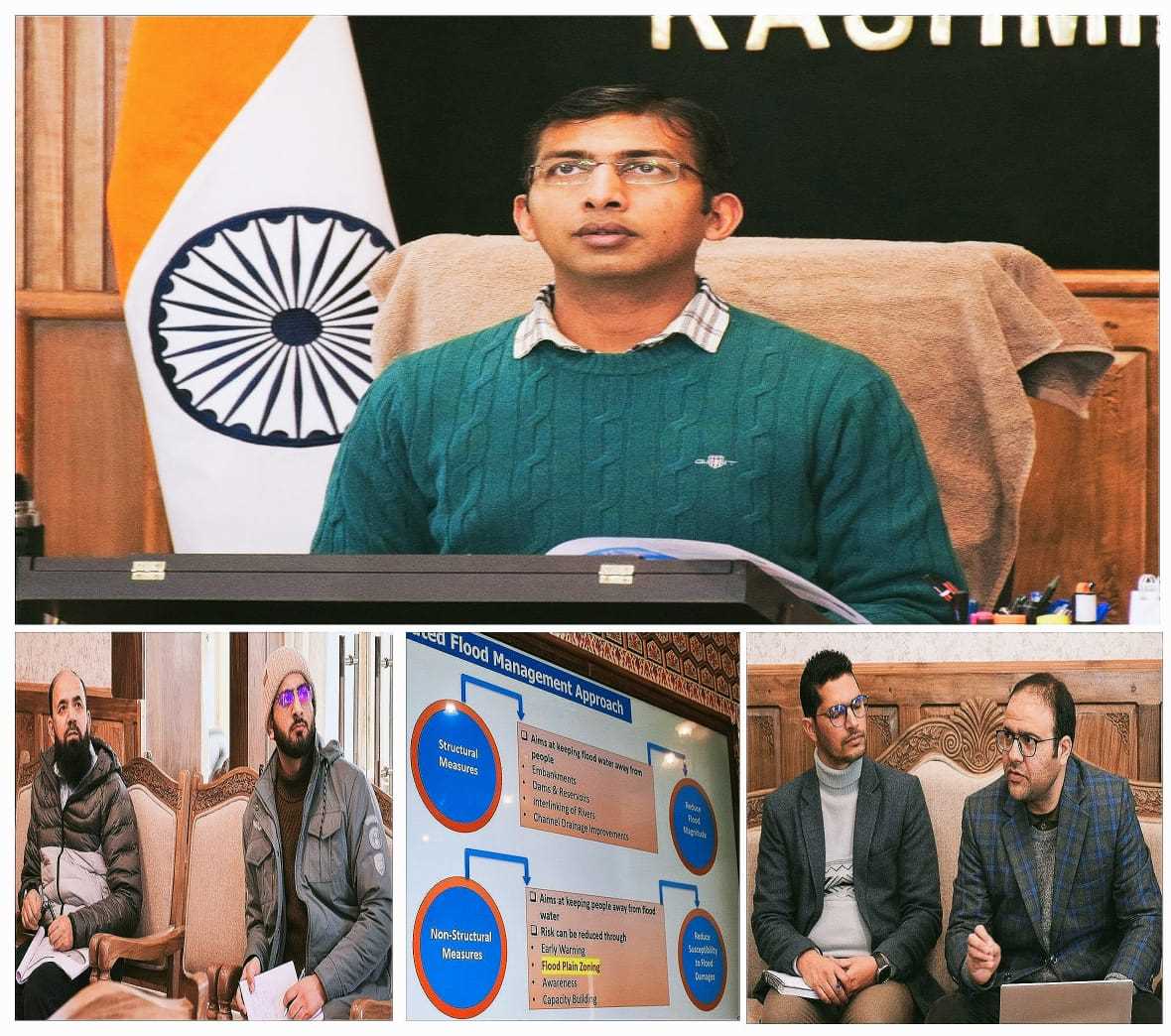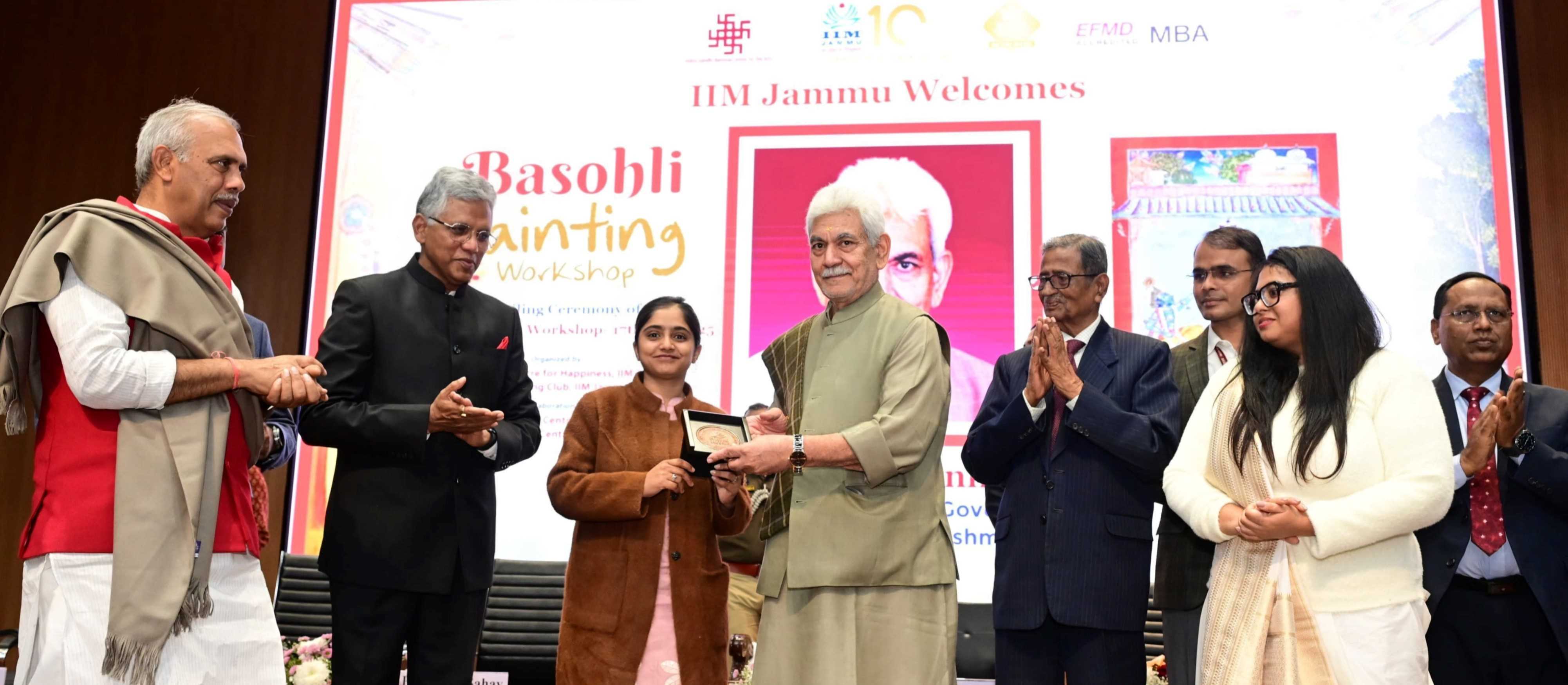Trump's victory is strategically advantageous, though commercially challenging, for India. To understand the real significance of Trump's remarkable comeback, we need to move beyond emotions to implications. That alone is not enough in international relations. Personal relationships as well as the convergence or conflict of interests between two countries determine the direction of policies. How Trump's second term will play out for India in this regard will be known only after he takes office in January. Trump has now been reestablished as a more serious obstacle to their objectives than China or multilateralism. Worse for the Deep State is that it is very likely that both the ongoing wars in Ukraine and Gaza will either be ended by sovereign multilateral coordination or they will be swept under the carpet to ensure a return to business as usual.
During the presidential election campaign, Democrat Tulsi Gabbard has created havoc among the Democrats, and true Republican royalty like Liz Cheney has openly campaigned for the Democrats. At first glance, this may seem confusing, even bizarre, but that is what happens when political ideology goes down the rabbit hole as fast as it does in the US. If parties no longer know what they stand for, imagine how confused ordinary politicians, party workers, and voters will be. The US is in a way like India, which was looking for a new direction at the start of this century; it took two general elections, a dreary decade, and the fiery arrival of Narendra Modi to shake things up and forge a new path. For Trump, the businessman, balancing the accounts and reducing the trade deficit is a natural task, one he will pursue as diligently as he did in 2016 to 2020.
Taking inspiration from Trump's first-term strategy, we can expect the US to increase oil and gas exports to the world's largest energy markets, such as China, India, and Europe. This is what he did successfully until the pandemic, and ironically, Joe Biden also tried to replicate it but did not succeed. The first-order effects are good for the US, as increased activity in the upstream hydrocarbon sector means more jobs, economic growth, a lower trade deficit, and lower inflation. Oil, especially'shale' oil, contributed more to reviving the US economy than any other sector and can do so again.
The flip side is that Trump's inward-looking approach may lead to the loss of some jobs in India, and we may see some visa wars. Getting China and India to buy US crude oil is an honest compromise on the diplomatic front, which for all practical purposes will broadly mean that India and China will be left alone to consolidate their growing global position without too much US interference in domestic affairs. Of course, there will be some hue and cry.
In response, it is possible that large oil and gas exporters such as Saudi Arabia may unilaterally cut prices to retain market share, while the US uses all its remaining influence to squeeze Qatar and keep Iran out of the game. One indicator of how this game is progressing is to wait and watch to see if India resumes crude oil purchases from Iran. If that happens, all bets are off on how global dynamics will change, as it will mean the US has accepted multipolarity as the new global reality.
There will be some sort of return to the US position on the two ongoing wars in Ukraine and Gaza. Both wars will either be ended by a multilateral sovereignty order or they will be ruthlessly suppressed to ensure a return to normality. It must be back to normal as soon as possible for the US and the rest of the world, because, lest we forget, instead of getting a recovery year after the pandemic, we got two ugly proxy wars, rising inflation and debilitating trade disruptions, something India escaped only because we cleverly circumvented the West’s sanctions on Russia.
Now the debate on further US electoral reform will begin in earnest. The system is broken and needs to be fixed. What kind of framework the reform will take is only a matter of detail, but, in principle, the conversation will begin on its necessity. It is the only way the US can avoid the civilizational collapse it is currently heading towards, and Trump knows it. However, despite the tough trade stance, a second Trump term could prove beneficial for India. According to a report, under Trump, India will be under pressure to investigate the US trade surplus and impose possible sanctions. Despite this, the US's 'China plus one' strategy could bring opportunities for India.
'China Plus One' is a trade strategy in which companies expand their operations in other countries, such as India, to reduce dependence on China. The strategy gained momentum during Trump's first term due to tariffs on goods imported from China and an emphasis on bringing manufacturing domestically. Trump's return this time too may strengthen this trend, which will encourage investment and supply chain expansion in countries like India.
Email:------------------------------kavitaniketan333@gmail.com







